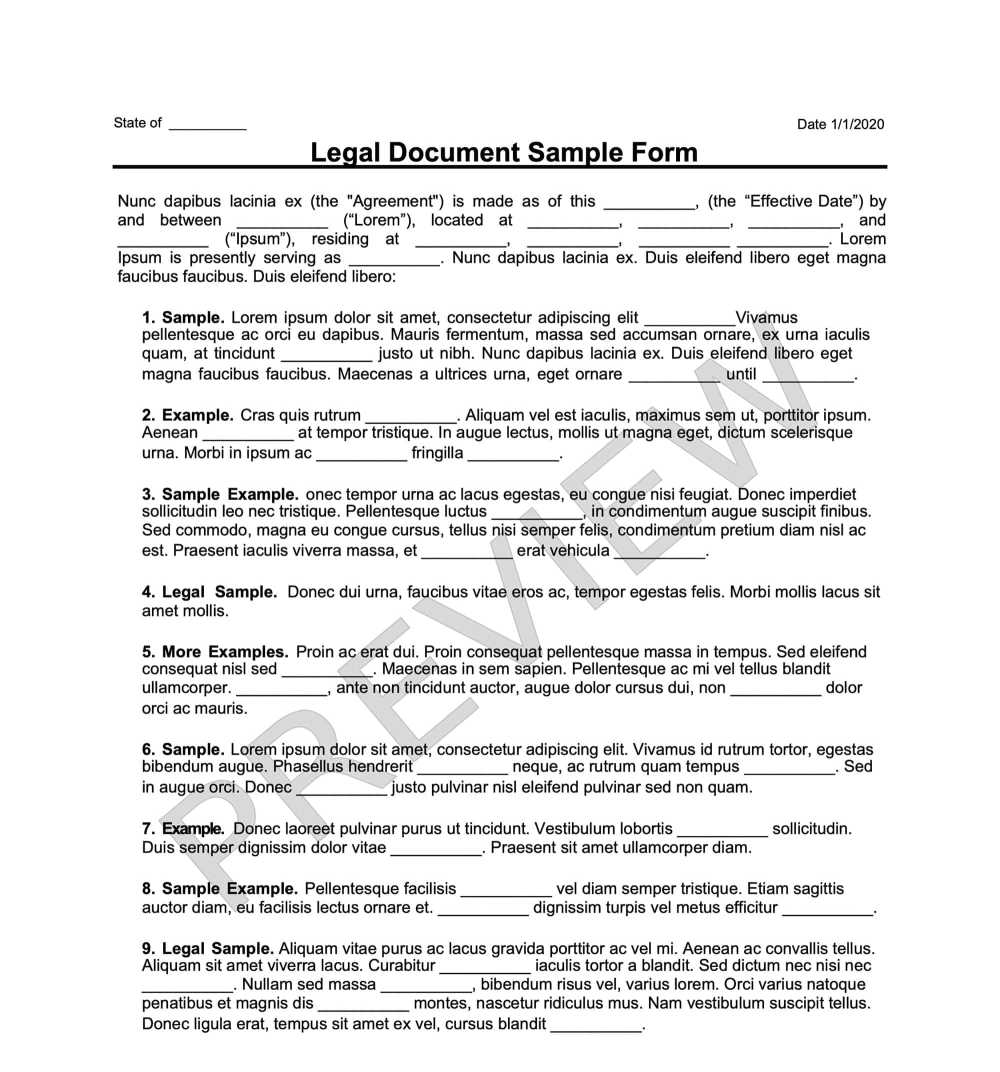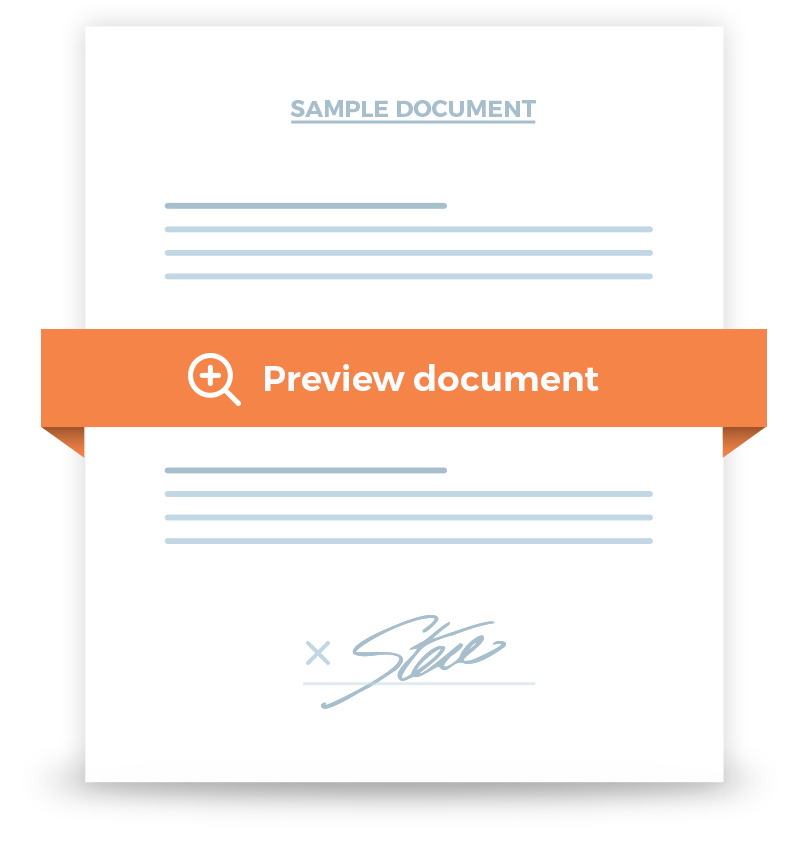Employee Resignation Letter
An Employee Resignation Letter informs your employer or supervisor that you’re leaving your job.


Frequently Asked Questions
The main difference between the two is the decision maker about the job. Resignation is the act of a person relinquishing his or her position, as opposed to a termination, which is when the employer acts to end the employment arrangement. Unless it's due to misconduct or unsatisfactory job performance, the employer should give as much notice for the termination as possible.
This depends on several reasons. First, if one is specified in your contract, you'll have to honor it. If not, the matter can be determined on several grounds. The standard notice period is two weeks. But this period can be longer or shorter. It may be longer if the company must hire someone else and would ground to a halt without the resignee. Or perhaps shorter if you have to act on a job opportunity that can't wait.
While there are no rules on how to write an Employee Resignation Letter, there are some established practices that you can abide by. One, keep it as short as possible without going into too many details. It's customary to explain why you're leaving, but it keeps it in complimentary tones. Two, it's also a good practice to thank your employer and coworkers.
This will depend on the employer but in general, employers have good reason to respond to an Employee Resignation Letter. The acknowledgment creates an official paper trail for both the company and the employee. But it's more than a formality or a nice thing to do. If the employee doesn't receive a response, he or she could claim that the resignation was never accepted. The employee could also argue that it was in reality a termination and claim worker’s comp and other benefits that may have a charge on the employer.
In general, there is no reason that you shouldn't ask for references after you resign. But it would be best if your resignation is carried out in good faith. It’s always best to stay on good terms with the employer rather than burning bridges. That could mean fulfilling all your work and helping with the transition. Ultimately, the decision is on your employer as to whether somebody at the company is willing to supply the reference. Some big companies may have a corporate policy to never supply references, as it could make them liable for anything untoward that might happen as a result.




